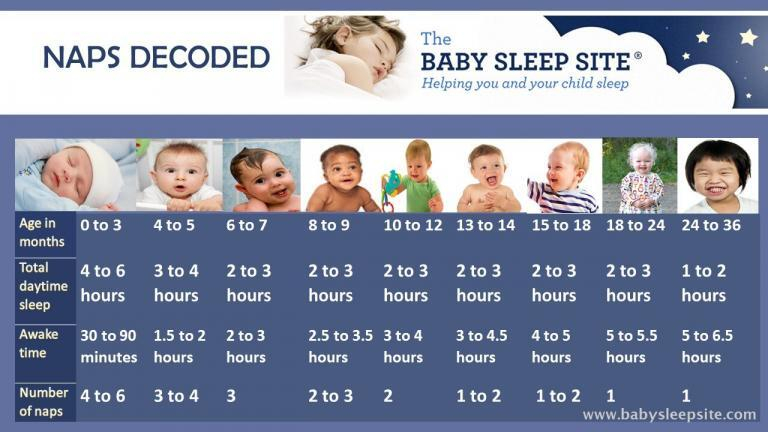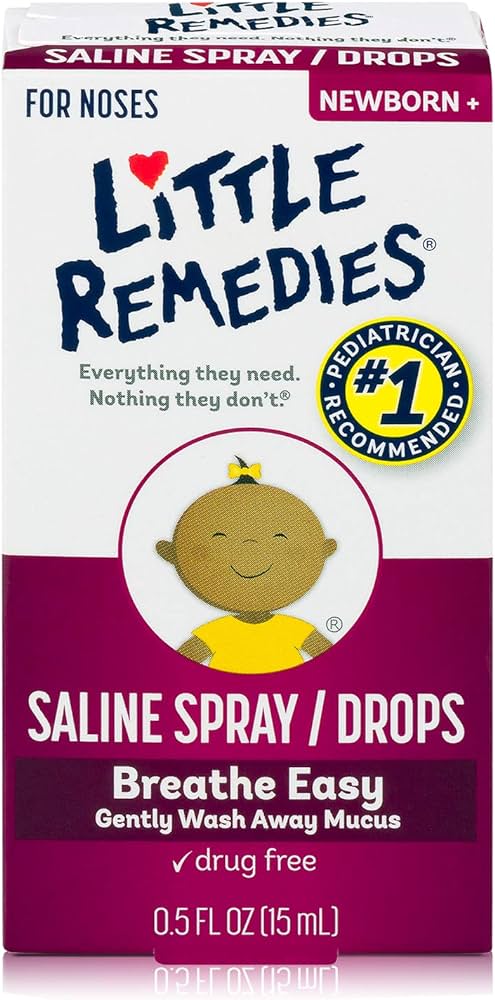How Long Should Baby Naps Be
As a parent, one of the most common questions that may come to mind is how long should baby naps be. Understanding the importance of naps for your child’s development and overall well-being is crucial. In this article, we will delve into the ideal nap duration for babies, factors that can influence nap length, and tips to help your little one get the rest they need.
Knowledge
It is no secret that sleep plays a vital role in a baby’s growth and development. Naps are essential for infants and toddlers as they help consolidate learning, regulate emotions, and promote overall health. Adequate rest during the day can also prevent overtiredness and crankiness, leading to a happier and more content baby.
So, how long should baby naps be? The ideal nap duration varies depending on your child’s age. Newborns typically nap for 2-4 hours at a time, while infants aged 4-12 months may nap for 1-2 hours per session. Toddlers between 1-3 years old usually benefit from a single nap lasting 1-3 hours. It is important to observe your baby’s cues and establish a nap schedule that works best for them.
Several factors can influence the length of your baby’s naps. These may include hunger, discomfort, overstimulation, or changes in routine. Teething, growth spurts, and developmental milestones can also impact your child’s sleep patterns. By recognizing these triggers, you can better cater to your baby’s needs and ensure they get the rest they require.
To help your baby nap more effectively, consider creating a calming nap environment with minimal distractions. Follow a consistent nap routine, offering comfort and reassurance before each sleep session. Avoid overtiring your little one and be attentive to their sleep signals. By establishing healthy sleep habits early on, you can promote better nap quality and duration.
Conclusion
In conclusion, understanding how long baby naps should be is essential for promoting your child’s well-being and development. By following recommended guidelines, paying attention to your baby’s needs, and creating a conducive sleep environment, you can help them get the rest they need. Remember that every baby is unique, so be patient and flexible as you navigate the world of baby naps.
Ultimately, this article is geared towards parents and caregivers who are seeking guidance on optimizing their baby’s nap schedule. By prioritizing rest and recognizing the importance of naps, you can set your child up for success and a happier, healthier future.
As we look towards the future, it is crucial to prioritize our baby’s sleep needs and ensure they are getting adequate rest. By understanding how long baby naps should be and implementing strategies to support healthy sleep habits, you can positively impact your child’s growth and development. Remember, a well-rested baby is a happy baby!






